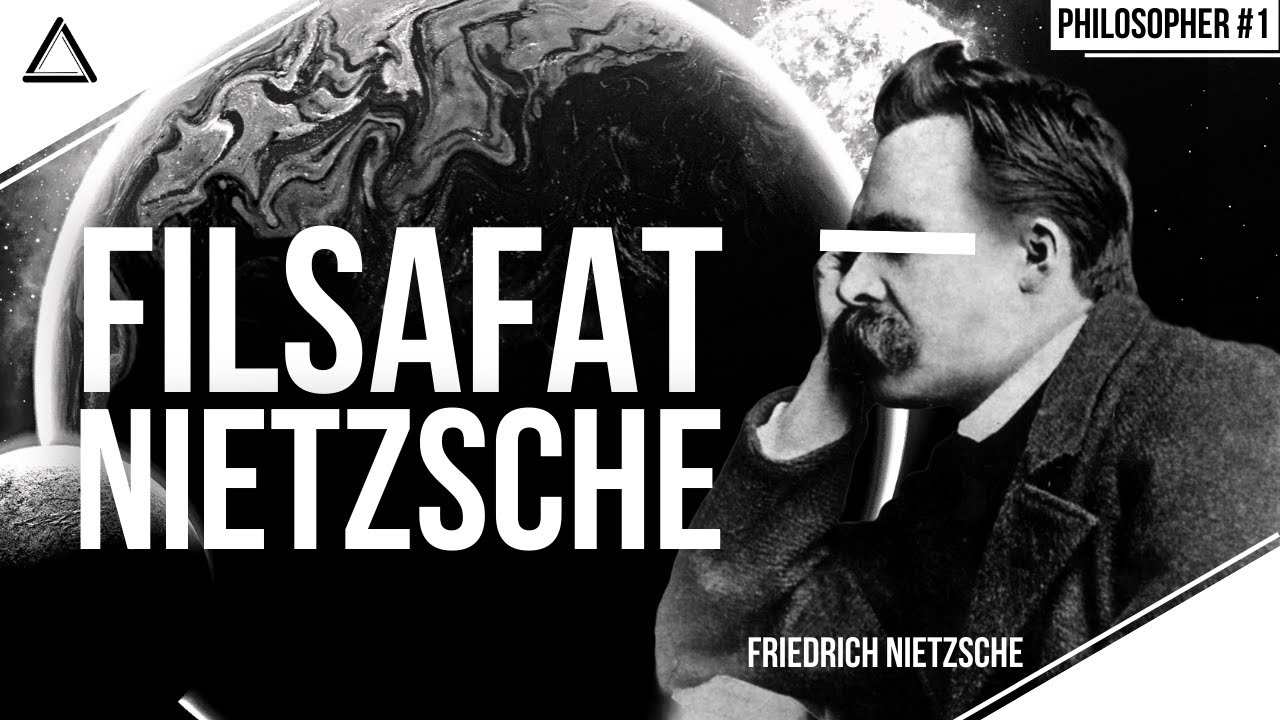Understanding the Present Moment #2 (Friedrich Nietzsche)
Summary
TLDRIn this Word on Fire Show episode, Bishop Robert Barron discusses the influential German philosopher Friedrich Nietzsche, exploring his concept of 'the death of God' and its implications for morality and meaning. They delve into Nietzsche's ideas on the 'will to power' and the 'Übermensch' (Superman), and how these notions have shaped modern thought. The conversation touches on the potential for Nietzsche's philosophy to lead to nihilism and the importance of objective values. Bishop Barron also distinguishes between the theological virtues of faith and hope, emphasizing their roles in the spiritual life.
Takeaways
- 📚 Friedrich Nietzsche was a 19th-century German philosopher and cultural critic known for his profound influence on 20th-century thinkers.
- 🤔 Nietzsche's concept of 'the death of God' suggests the collapse of traditional religious and moral values, leading to existential questions about meaning and chaos.
- 🏛 Bishop Robert Barron discusses Nietzsche's life and ideas, including his critique of Christian morality and the idea of the 'will to power'.
- 💭 The 'will to power' is Nietzsche's notion that in the absence of God and objective values, individuals should assert their dominance and authority.
- 🦸 The 'Übermensch' or 'Superman' is a concept where Nietzsche encourages individuals to transcend conventional morality and create their own values.
- ❓ The conversation raises questions about the consequences of a world without God, including the potential for moral and metaphysical chaos.
- 📖 Nietzsche's writing style, often aphoristic and memorable, contributed to his ideas' widespread adoption and interpretation.
- 🤝 There are parallels drawn between Nietzsche's 'Übermensch' and the Catholic concept of a saint, both representing a transcendent ideal.
- 🚫 Nietzsche is criticized for potentially leading to nihilism and despair by rejecting objective values and morality.
- 🌟 The discussion highlights the ongoing relevance of Nietzsche's ideas in contemporary culture and the ongoing debate about the implications of his philosophy.
Q & A
Who is the main figure discussed in this episode of 'The Word on Fire Show'?
-The main figure discussed in this episode is Friedrich Nietzsche, a German philosopher and cultural critic.
What significant event in Nietzsche's life is mentioned in the script?
-The significant event mentioned is Nietzsche's mental breakdown at the age of 46, which led to the last 10 years of his life being lived in a state of insanity.
What is the 'death of god' concept associated with Nietzsche?
-The 'death of god' concept refers to the idea that the classical idea of God is no longer intellectually defensible and is collapsing, leading to moral and metaphysical chaos.
What does Bishop Barron suggest might be the consequence of 'god is dead'?
-Bishop Barron suggests that if 'god is dead', it could lead to moral and metaphysical chaos, and potentially to ideologies like nihilism and relativism.
What is the 'will to power' in Nietzsche's philosophy?
-The 'will to power' is Nietzsche's concept where, in the absence of God and objective values, individuals assert their own authority and dominance.
How does Bishop Barron connect Nietzsche's ideas to the 20th century's atrocities?
-Bishop Barron suggests that Nietzsche's ideas might have influenced or predicted the atrocities of the 20th century, such as Nazism and Communism, by leading to a moral and metaphysical vacuum.
What is the 'ubermensch' or 'superman' concept in Nietzsche's philosophy?
-The 'ubermensch' or 'superman' is a heroic figure that Nietzsche encourages individuals to become, one who asserts their own power and authority, beyond conventional morality.
How does Bishop Barron differentiate between the 'ubermensch' and a saint in Christian theology?
-Bishop Barron notes that while both the 'ubermensch' and a saint rise above the ordinary, the 'ubermensch' does so in self-assertion, whereas a saint rises above sin to live according to God's purpose.
What does Bishop Barron think Nietzsche gets right about the 'death of god'?
-Bishop Barron believes Nietzsche is correct in identifying the anxiety and disconcerting state of mind that comes with the idea of 'god is dead'.
What critique does Bishop Barron have of Nietzsche's philosophy?
-Bishop Barron critiques Nietzsche's philosophy for suspending the objective in terms of value, leading to subjectivism and conflict, which he sees as a legacy of Nietzsche's influence.
What advice does Bishop Barron give on how to understand the theological virtues of faith and hope?
-Bishop Barron advises that faith is the foundation and opening of the door to a spiritual life, while hope orients one's life towards eternal life as the final good.
Outlines

Esta sección está disponible solo para usuarios con suscripción. Por favor, mejora tu plan para acceder a esta parte.
Mejorar ahoraMindmap

Esta sección está disponible solo para usuarios con suscripción. Por favor, mejora tu plan para acceder a esta parte.
Mejorar ahoraKeywords

Esta sección está disponible solo para usuarios con suscripción. Por favor, mejora tu plan para acceder a esta parte.
Mejorar ahoraHighlights

Esta sección está disponible solo para usuarios con suscripción. Por favor, mejora tu plan para acceder a esta parte.
Mejorar ahoraTranscripts

Esta sección está disponible solo para usuarios con suscripción. Por favor, mejora tu plan para acceder a esta parte.
Mejorar ahora5.0 / 5 (0 votes)






